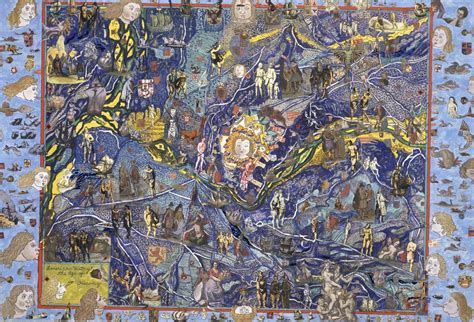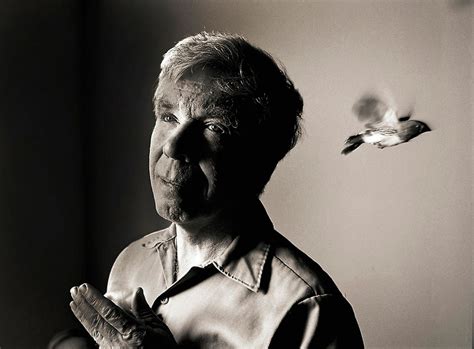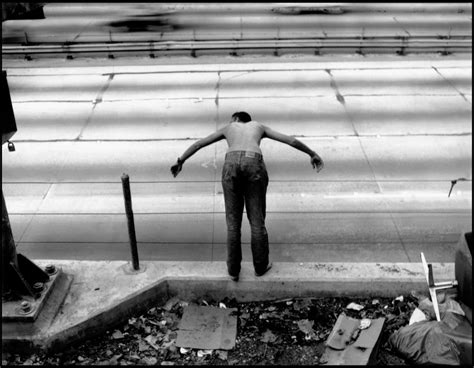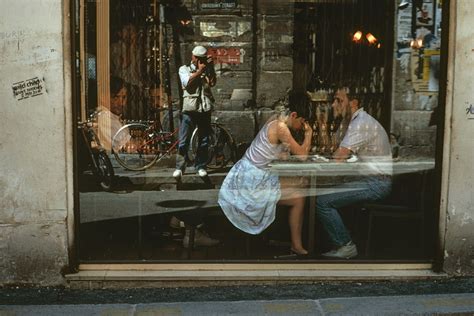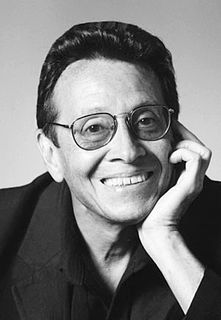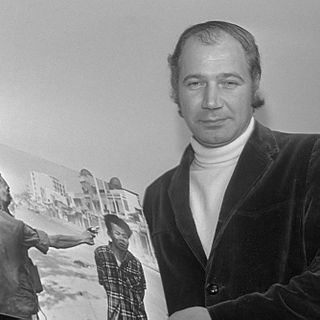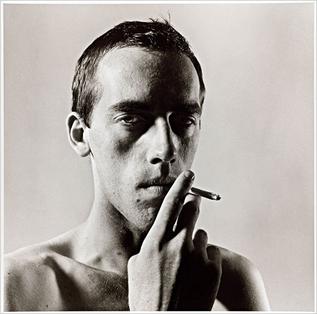A Quote by Max Kozloff
Though infested with many bewildering anomalies, photographs are considered our best arbiters between our visual perceptions and the memory of them. It is not only their apparent 'objectivity' that grants photographs their high status in this regard, but our belief that in them, fugitive sensation has been laid to rest.
Related Quotes
Photographs are like our children. We put the best of ourselves into them - the best of our vision, our minds, our hearts - and then we send them out into the world. At some moment, perhaps the moment we click the shutter, they are being released. From that moment on, they don't really belong to us anymore.
The starry heaven, though it occurs so very frequently to our view, never fails to excite an idea of grandeur. This cannot be owing to the stars themselves, separately considered. The number is certainly the cause. The apparent disorder augments the grandeur, for the appearance of care is highly contrary to our ideas of magnificence. Besides, the stars lie in such apparent confusion, as makes it impossible on ordinary occasions to reckon them. This gives them the advantage of a sort of infinity.
Disease is the misery of our belief, happiness is the health of our wisdom, so that man's happiness or misery depends on himself. Now, as our misery comes from our belief, and not from the thing believed, it is necessary to be on the watch, so as not to be deceived by false guides. Sensation contains no intelligence or belief, but is a mere disturbance of the matter, called agitation, which produces mind, and is ready to receive the seed of error. Ever since man was created, there has been an element called error which has been busy inventing answers for every sensation.
I am fooling only myself when I say that my mother exists now only in the photographs on my bulletin board or in the outline of my hand or in the armful of memories I still hold tight. She lives on beneath everything I do. Her presence influenced who I was and her absence influences who I am. Our lives are shaped as much by those who leave us as they are by those who stay. Loss is our legacy. Insight is our gift. Memory is our guide.
We regard the photograph, the picture on our wall, as the object itself (the man, landscape, and so on) depicted there. This need not have been so. We could easily imagine people who did not have this relation to such pictures. Who, for example, would be repelled by photographs, because a face without color and even perhaps a face in reduced proportions struck them as inhuman.
You are told a lot about your education, but some beautiful, sacred memory, preserved since childhood, is perhaps the best education of all. If a man carries many such memories into life with him, he is saved for the rest of his days. And even if only one good memory is left in our hearts, it may also be the instrument of our salvation one day.
